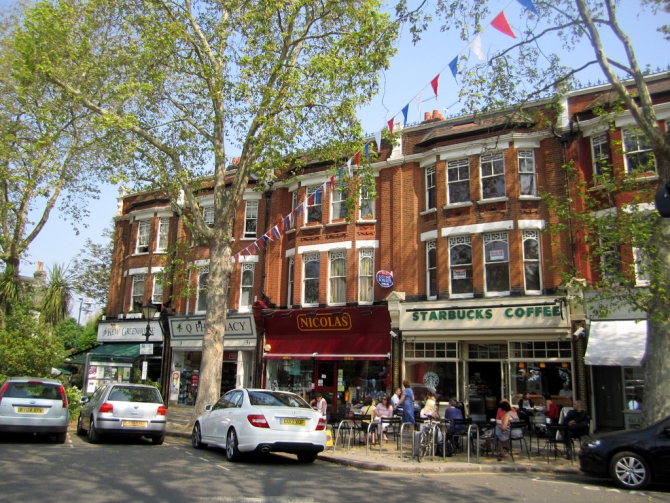Despite the current business rates system being declared “unfit for purpose” the Government has decided to reject the latest calls for reform by MPs on the Business Select Committee.

The body had recommended that the Government scrap the unpopular commercial property levy and replace it with a sales tax. However, the Government claims that this would be too difficult to implement and that the UK already has a sales tax in the form of VAT.
“Introducing a new sales tax alongside VAT would be double taxation which the Government wishes to avoid,” the response says.
In addition, it claims a new sales tax would be “more administratively complex and have higher costs than the current system.”
The announcement will no doubt disappoint both the Business Select Committee, chaired by Adrian Bailey, and also the variety of lobby groups calling for immediate action on the issue.
It is unlikely that these demands will be met, however, as none of the MPs’ suggestions for reform will be acted upon until the Government has conducted its own independent review of business rates – something promised in the Autumn Statement.
Part of this review will deal with a greater frequency of revaluations, as this was one of the main sticking points for retailers. Even though the economic recovery is now in full swing, critics have claimed that business rates are still increasing ahead of inflation and thus are preventing smaller businesses from investing in growth to capitalise on the hike in consumer confidence.
In response, the Government has conceded that the means of taxing retailers need to be “more responsive to economic circumstances” and it will therefore “consider reforms to the system to make business rates work better in the 21st century”.
However, this is likely to be of little comfort for retailers on high streets which are still struggling to lift footfall levels – particularly in Northern Ireland, which recent data has shown to be the slowest region of the UK to recover from the recession.
Following the announcement the British Retail Consortium (BRC), said it was “pleased at the acknowledgement of the need for reform.” However, it remains insistent that the Government has a responsibility to “go further” than simply waiting for the results of the Treasury’s review into the existing system.
Previous Post
Chester Shopping Centre Renovation attracts new Tenants